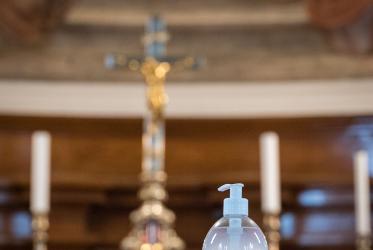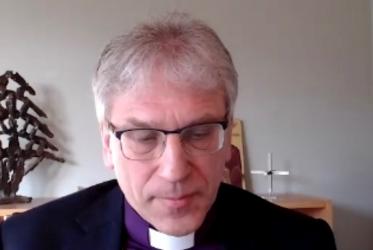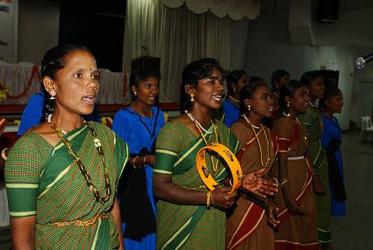Displaying 1 - 10 of 10
A visionary missionary heads home
25 March 2020
Paving the way for ecumenical studies, learning English in Bossey
24 September 2018
Peacemaking “a great and compelling life task”
09 December 2017
Churches celebrate Week of Prayer for Christian Unity
23 January 2013






